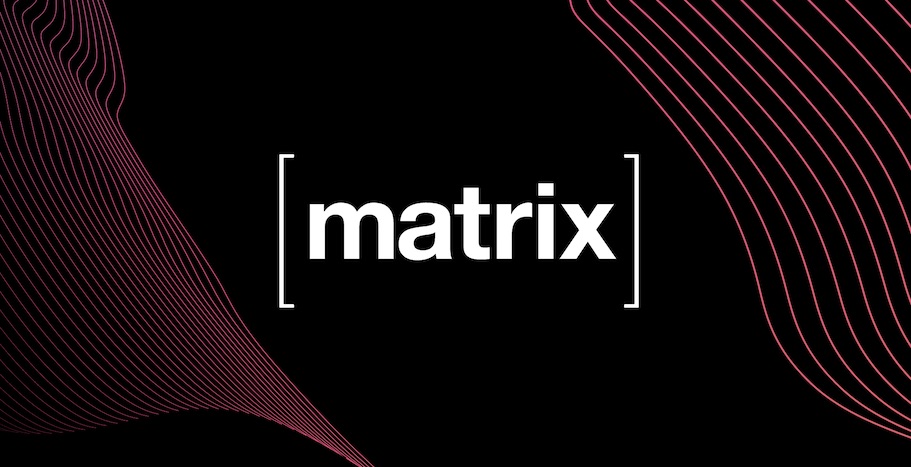# Innovation requires resources
Innovation happens wherever we put our efforts towards. The space race and the technologies it gave us is an example. Finding ways of reducing the cost of production of commodities is another. The green transition is another example.
These are the bounds that determine how innovation happens in federated social networks. They will only innovate when there is enough effort put towards them. Beyond technical innovation (perhaps in a TOR kind-of-network way, or in a Git kind-of-version-control way), a full-fledged piece of software that is effective and attractive enough for people to use, takes resources.
These resources largely refer to labor power. Remember, we're not talking about maintenance costs, but development costs. Programmers require money to survive.
# FLOSS is no exception
Yes, FLOSS software can survive with volunteers, but even those volunteers have to pay their bills. Yes, the internet plus (as Bruce Schneier defines it), copyleft licenses, and already-existing technical know-how reduce the cost of production, but the costs are there nonetheless. Someone needs to do the work.
I think about open source projects I admire. Diaspora received exceptional funding, relative to its goals. Signal was heavily funded by donations. Element has a business model that lets them work towards improving Matrix. Linux has many companies that depend on it and are able to finance innovation on it.
This argument, applied to Lemmy, makes me wonder. How do Nutomic and Dessalines handle it? Are they precious exceptions that drive Lemmy forward because of their personal values and their willingness to use their technical know-how for the development of this platform? Will Lemmy thrive without them?
This brings me to another point: FLOSS and federated software has the advantage that many people are willing to spend their time working towards laudable goals. They are not motivated by profit as much as improving humanity.
# FLOSS has a problem that others systematically address: making things attractive
The issue with FLOSS projects is that they mainly respond to thought-out worldviews. That is, people are willing to engage with this kind of software because of logical reasons (*logos*, as Aristotle and those guys would call it). It is rarer to have people engage with FLOSS and federated software because of emotions (*pathos*).
Unfortunately for humans, we are emotional creatures. I get put off by how unattractive the Free Software Foundation's website is, despite loving the values that the foundation stands for. I get put off by using terminals, despite the fact that plenty of FLOSS software does not have GUIs. I hate Thunderbird's calendar, despite using it daily.
Companies with investors and FLOSS projects with enough funding know this and therefore pay graphical designers, user experience experts, and sometimes market researchers to make products attractive. This takes money.
# Conclusion
And that brings us back to my point: for free software to be *chosen* by most people, it has to have enough labor behind it to make it both effective and attractive. This is the hurdle it needs to be overcome.
## Notes on my sources
These are reflections that arose after a series of conversations with a friend who works at an 'innovation office'. His job is explicitly to design an 'innovation ecosystem', which attempts to create innovation with minimal investment. Everyone at that office knows this is bullshit. Innovation rarely comes without money. Therefore, they basically look for investors for projects that don't have enough money. That's it.
This view, that innovation requires investment, is shared by Anwar Shaikh and classical economics.
However, it's more complicated with the research behind innovation.
Let's take 'platforms of innovation'. For example, cosmopolitan cities, the internet, and universities are hubs of innovation. However, it's a mistake to think that these are 'neutral' in terms of costs. All of them require operational costs. All of them imply costs of technical training. Even here, there are costs that cannot be ignored.
If we look at mission-oriented innovation, the situation becomes clearer. Universities doing cancer-related research, States doing green energy-related research, or companies doing market-related research all clearly align with the argument I made above.
Finally, it's perfectly possible that the argument I made above is not at all original. In fact, I doubt it is. If anything, it could be similar to a high-school student discovering their own proof of the pythagorean theorem: it's not new for the community of knowers who already know it, but it's new from the point of view of the student. At least I get to share this with you and hear your thoughts about it.
Oh, and given that Lemmy doesn't have terms of service yet, I wanted to make sure I could share this in the future. I licensed it under a [Creative Commons Attribution-NonCommercial-ShareAlike 4.0 International License](https://creativecommons.org/licenses/by-nc-sa/4.0/). Weird. I know. Oh well. At least you get to share it without fear!





It’s a norm. There was a discussion here on Lemmy regarding this some months ago.
I think it’s a trivial issue because the sorting algorithm doesn’t really care about the upvote, in terms of all posts being on equal footing. This is, of course, assuming people don’t un-upvote their posts.
I also think it’s trivial in terms of people engaging with the post, because most people will know a single upvote is OPs vote. If they don’t know this, the difference between a post with 0 upvotes and 1 is meaningless, especially given that there are no visible downvotes (which you can clearly see on Lemmy). Moreover, the difference between 0 and 1 votes is nothing compared to, say 20 or 400.
In your honor and for the meme, I’ll un-upvote this comment.